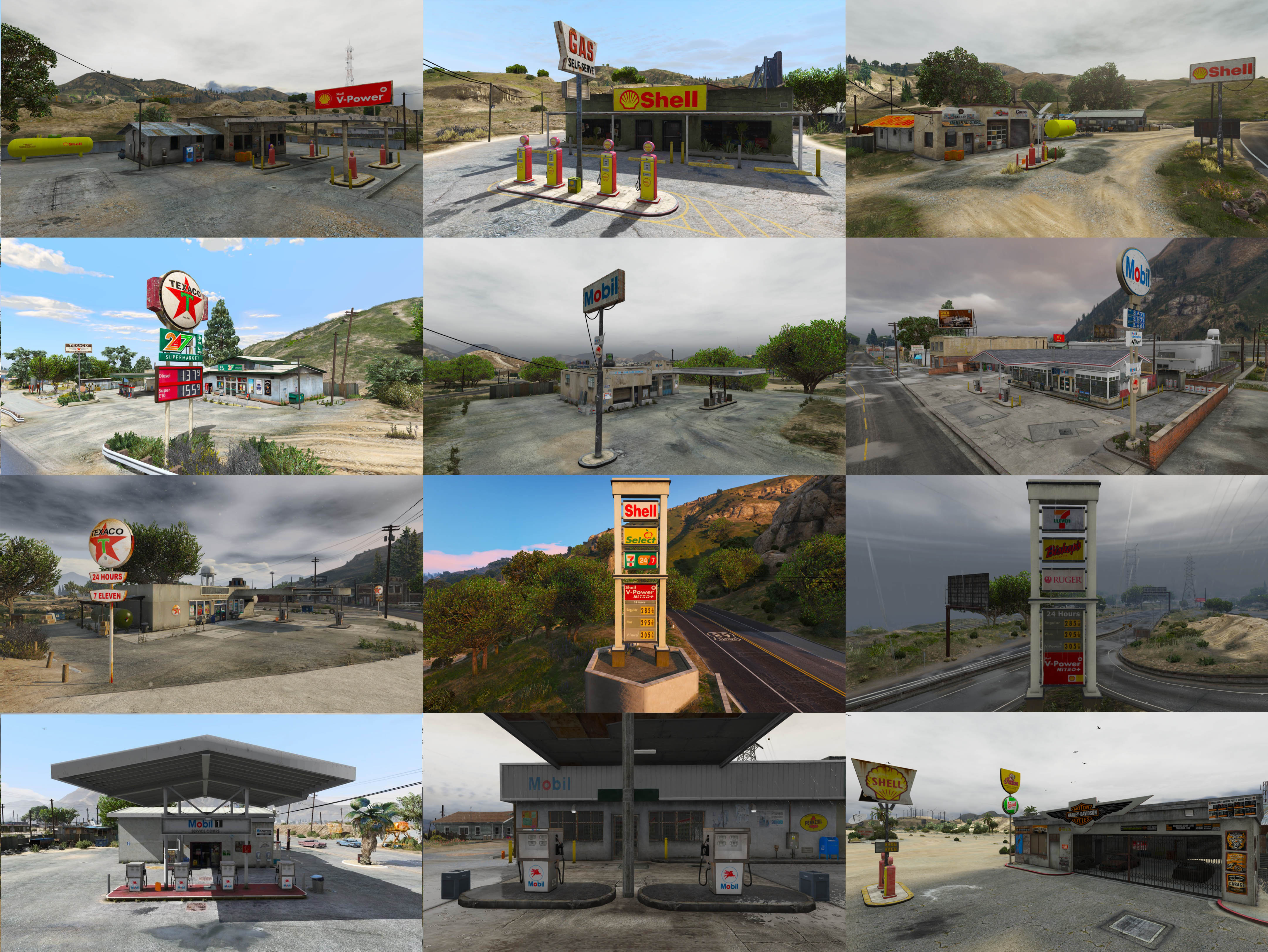
Regulations also made it difficult for them to cross-subsidise because motorway service areas are supposed to be competing with each other and not with neighbouring towns. This is fine for a business which is able to subsidise it, but traditionally motorway services were run on tight profit margins with high running costs. The cheap fuel that is sold in supermarkets makes very little profit, if any. Operators have been reluctant to comment on why their prices are so high, occasionally muttering about high operation costs or pressure from the forecourt brand.

Newspaper articles frequently point out that as much as 20p per litre can be saved by driving a few miles. Petrol stations on motorways and major roads frequently receive complaints that they charge prices well above the prices charged locally, especially when compared with supermarkets. Most people still describe the facilities as 'petrol stations', with official terms like 'filling station' or 'forecourt' (which actually describes the manoeuvring area) sounding a bit clinical. Within the industry, the phrase 'petrol station' is out of favour, because they sell a lot of diesel and alternative fuels too. This has created the unusual situation where the two neighbouring facilities are effectively competing with each other to sell food. As Moto and Roadchef wanted to focus on catering, they have since sold most of their forecourts to the likes of EG Group. At motorway services, it always used to be the operator. The petrol station is the only service area facility which you can be sure will be open at night, and it's normally the one thing people expect to find in a service area.Īlthough most petrol stations are supplied by one of the major oil companies, and covered in their branding, sometimes they are ran by somebody else. All signposted service areas (on motorways and on A-roads) are required to sell fuel, but rest areas are not. While petrol stations can be found all over the world, this page looks at their contribution to service areas. It's also colloquially known as a 'garage' or 'service station', though those phrases are also used to describe mechanics and service areas. For the current price of fuel, you need to consult the fuel brand in question.Ī petrol station, filling station, forecourt, PFS (petrol filling station), FFS (fuel filling station) are all phrases which effectively describe the same thing. Sign up here.This page is about the topic of fuel. "The EPA continues to provide support to councils as needed." Illawarra newsletter: Local news in your inboxĪBC Illawarra will deliver a wrap of the week's news, stories and photos every Thursday. "Local councils are well placed to deliver a single point of environmental and planning regulation for common activities in their community, including for service stations," and EPA spokesman said. The Environment Protection Authority said it provided training to more than 300 council officers ahead of the transition of responsibility. "One of the concerns we have is that while we understand the reasons that was actually done, the central challenge is these are significant assets, they are quite complex," he said. Mr McKenzie agreed that oversight was inadequate. "Adequate resources should have been provided when this responsibility was transferred from the NSW Environmental Protection Authority, particularly given concern in the community regarding defunct UPSS sites."
#Petrol stations registration
Mr Pickering said he had unsuccessfully tried to find out who owned the Stanwell Park site and said it had been onsold six times.ĭue to changes made by the NSW government in September 2019, Mr Pickering said there was insufficient oversight of monitoring and registration of Underground Petroleum Storage Systems (UPSS) sites. "You have still got the eyesore risk." Properties onsold "Once that has been done and if the forecourt infrastructure has been removed there is not a contamination risk.

"Whenever you have a site that is taken out of service there are very strong guidelines and our industry advocates those for ensuring that all fuel from the tanks is left in the ground.

"So if we work on the basis the landholder is actually responsible for cleaning up the site and that they have actually leased that to the fossil fuel industry, so they have been a beneficiary there then effectively it is the landholder that is ultimately responsible and indirectly its industry paying," he said.


 0 kommentar(er)
0 kommentar(er)
